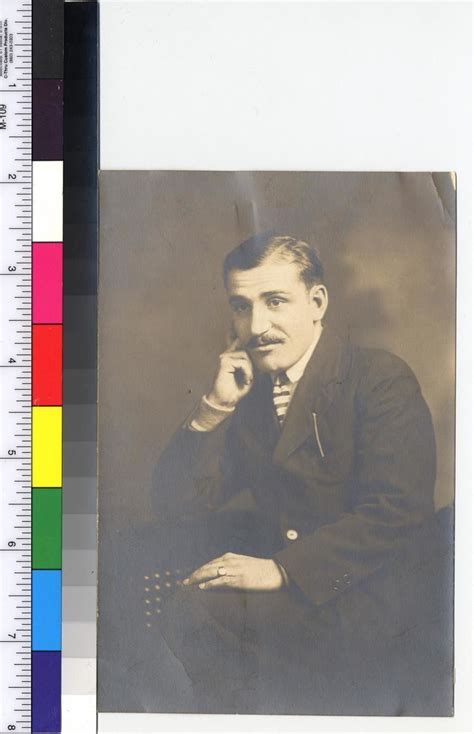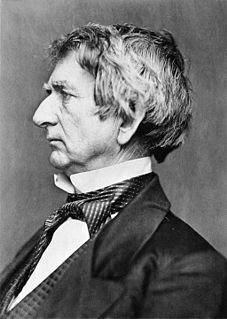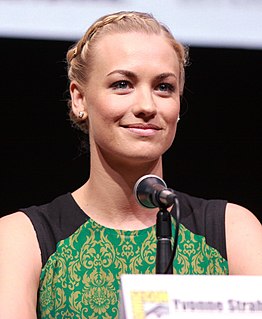A Quote by Hannah Arendt
Equality...is the result of human organization. We are not born equal.
Related Quotes
the public sphere is as consistently based on the law of equality as the private sphere is based on the law of universal difference and differentiation. Equality, in contrast to all that is involved in mere existence, is not given us, but is the result of human organization insofar as it is guided by the principle of justice. We are not born equal; we become equal as members of a group on the strength of our decision to guarantee ourselves mutually equal rights.
The diversity of mankind is a basic postulate of our knowledge of human beings. But if mankind is diverse and individuated, then how can anyone propose equality as an ideal? Every year, scholars hold Conferences on Equality and call for greater equality, and no one challenges the basic tenet. But what justification can equality find in the nature of man? If each individual is unique, how else can he be made 'equal' to others than by destroying most of what is human in him and reducing human society to the mindless uniformity of the ant heap?
Truly human leadership protects an organization from the internal rivalries that can shatter a culture. When we have to protect ourselves from each other, the whole organization suffers. But when trust and cooperation thrive internally, we pull together and the organization grows stronger as a result.
In a world where inequality of ability is inevitable, anarchists do not sanction any attempt to produce equality by artificial or authoritarian means. The only equality they posit and will strive their utmost to defend is the equality of opportunity. This necessitates the maximum amount of freedom for each individual. This will not necessarily result in equality of incomes or wealth but will result in returns proportionate to service rendered.
You do not take a person who, for years, has been hobbled by chains and liberate him, bring him up to the starting line of a race and then say, "you are free to compete with all the others," and still justly believe that you have been completely fair. We seek not just legal equity but human ability, not just equality as a right and a theory but equality as a fact and equality as a result.
The doctrine of equality! ... But there is no more venomous poison in existence: for it appears to be preached by justice itself, when it is actually the end of justice ... "Equality to the equal; inequality to the unequal" that would be true justice speaking: and its corollary, "never make the unequal equal".






































